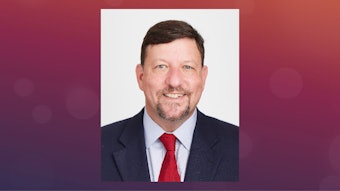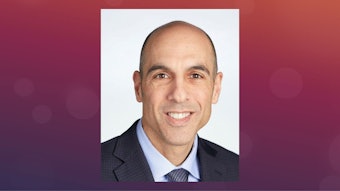The road to financial wellness
There’s no need to get lost on the road to financial security if you follow directions.

You probably learned a lot about wellness in medical school, whether it be for your patients, your practice, or your own mental well-being. What you likely didn’t learn is financial wellness.
Brittne Halford, MD, MPH, instructor in medicine at Harvard Medical School and internal medicine specialist at Beth Israel Deaconess Hospital in Boston, said hospitalists can encounter many challenges on the path to financial wellness.
“Physically, the profession demands long hours, high stress and irregular schedules, impacting overall well-being,” she said. “Psychologically, hospitalists must cope with patient outcomes, manage burnout and find a delicate work-life balance. On the economic front, balancing student loan debt, navigating insurance costs, and planning for retirement are essential considerations.”
Dr. Halford will outline those considerations and offer up some advice on how to navigate them in Monday’s session, “What We Didn’t Learn in Medical School: Three Keys to Financial Wellness.”
One of those keys is one you might not expect: joy-based spending. This, Dr. Halford explained, revolves around allocating resources to experiences and items that genuinely bring you happiness and fulfillment.
“It serves as a cornerstone for a healthy relationship with money, promoting overall well-being,” she said. “Connecting spending habits with personal values enhances financial decisions, fostering a sense of purpose and satisfaction.”
Hospitalists can cultivate those positive spending behaviors by adhering to simple spending habits like creating and sticking to a budget, putting aside money for emergencies and planning for long-term financial goals.
“Establishing a realistic budget enables the tracking of income, expenses, and savings goals,” Dr. Halford said. “Maintaining an emergency fund provides a financial cushion for unforeseen expenses, contributing to financial security. Additionally, strategic investing for long-term financial goals is a prudent approach to wealth accumulation.”
Dr. Halford said she is also a big advocate for not putting all your financial eggs in one basket.
“Advocating for the diversification of professional and financial profiles is crucial for hospitalists,” she said. “This strategy mitigates reliance on a single income stream, asset protection and tax planning to enhance financial resilience.”
Visit SHM Meeting News Central for more coverage.











